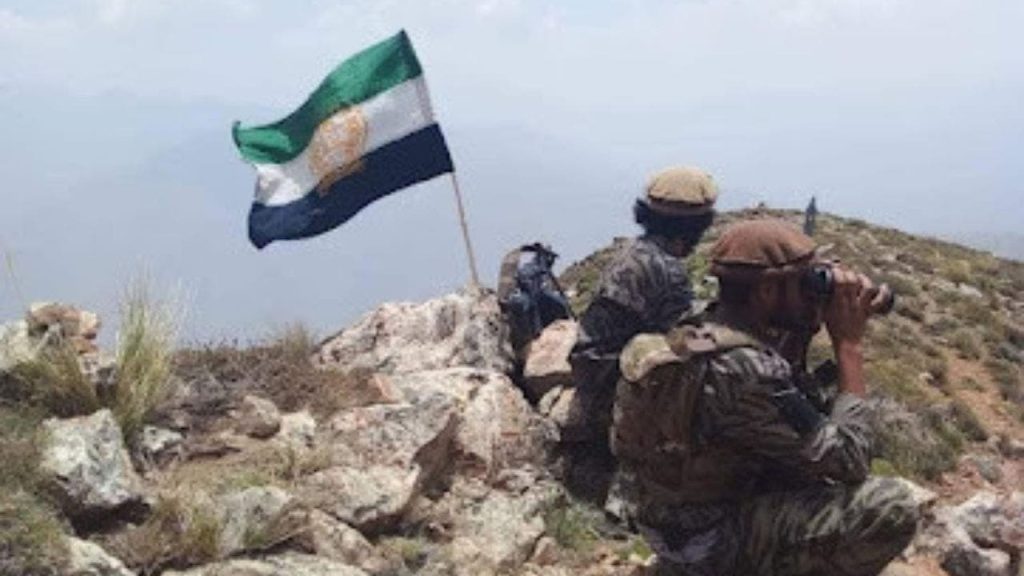The Taliban has been in power for three years since the U.S. forces withdrew from Afghanistan in 2021, and the country’s only pro-Western opposition force, the National Resistance Front (NRF), is trying to make gains against the extremist authorities without much-needed U.S. and international support. Despite the lack of external backing, the NRF has increased its capabilities and expanded military operations throughout the country. Ali Nazary, head of foreign relations for the NRF, stated that the resistance group has launched over 200 successful operations against the Taliban since January, targeting urban centers and Taliban commanders. The increasing diversity of targets demonstrates the precision, capabilities, and experience that the NRF has gained, highlighting the weaknesses of the enemy.
As part of the withdrawal agreement with the Trump administration, the Taliban agreed to prevent al Qaeda and other terrorist groups from using Afghan soil to target or threaten the U.S. and its allies. However, a new U.N. Security Council report indicates that the Taliban has made little effort to curb al Qaeda activity in Afghanistan. The report notes that al Qaeda has opened eight new training camps and maintained safe havens in various parts of the country. Despite the Taliban’s efforts to downplay their relationship with al Qaeda or any resistance they face, the NRF has reported 493 Taliban fighters killed or wounded since January. The NRF, led by Ahmad Massoud, is virtually the only credible pro-Western Afghan resistance unit fighting the Taliban.
The Taliban is struggling to change the international perception that their government is marked by severe human rights violations and vicious policies towards women. The NRF remains the most significant resistance group opposing the Taliban’s rule in Afghanistan, but without widespread support, there doesn’t seem to be a viable alternative to the Taliban regime. The U.S. administration has shown little appetite for addressing the situation in Afghanistan three years after the withdrawal, stating that the country was at war for 44 years and they do not support armed conflict in Afghanistan. Despite this lack of support, the NRF’s forces, trained by U.S. and international forces for 20 years, continue to fight against terrorism.
Without U.S. or external support, it would be challenging for the NRF to mount a real challenge to the Taliban’s rule. The Taliban has been unable to secure international recognition from major powers or a seat at the United Nations due to their violations of human rights and restrictions on women’s rights. Afghanistan remains the only country where women and girls are banned from education, certain sectors of the economy, and government positions. The Vienna Process for a Democratic Afghanistan, which brings together various parties within the diaspora seeking to restore the rule of law, democracy, and human rights, has garnered international attention to the illegitimacy of the Taliban.
After the collapse of the Islamic Republic of Afghanistan, some ambassadors established an ambassadors’ council that upholds democratic values in opposition to the Taliban. The Taliban has shut out other ethnic groups from the government and maintained the power of its Pashtun base. Despite the challenges of functioning without support from the U.S. or EU, the dialogue continues. As the NRF fights to remove the Taliban from power, Afghanistan’s humanitarian situation has deteriorated under Taliban rule. More than 23 million people required humanitarian assistance in 2023, with 4 million Afghans malnourished, including 3.2 million children under the age of 5. The NRF’s efforts to challenge the Taliban are part of a broader struggle for the future of Afghanistan amid difficult circumstances.


